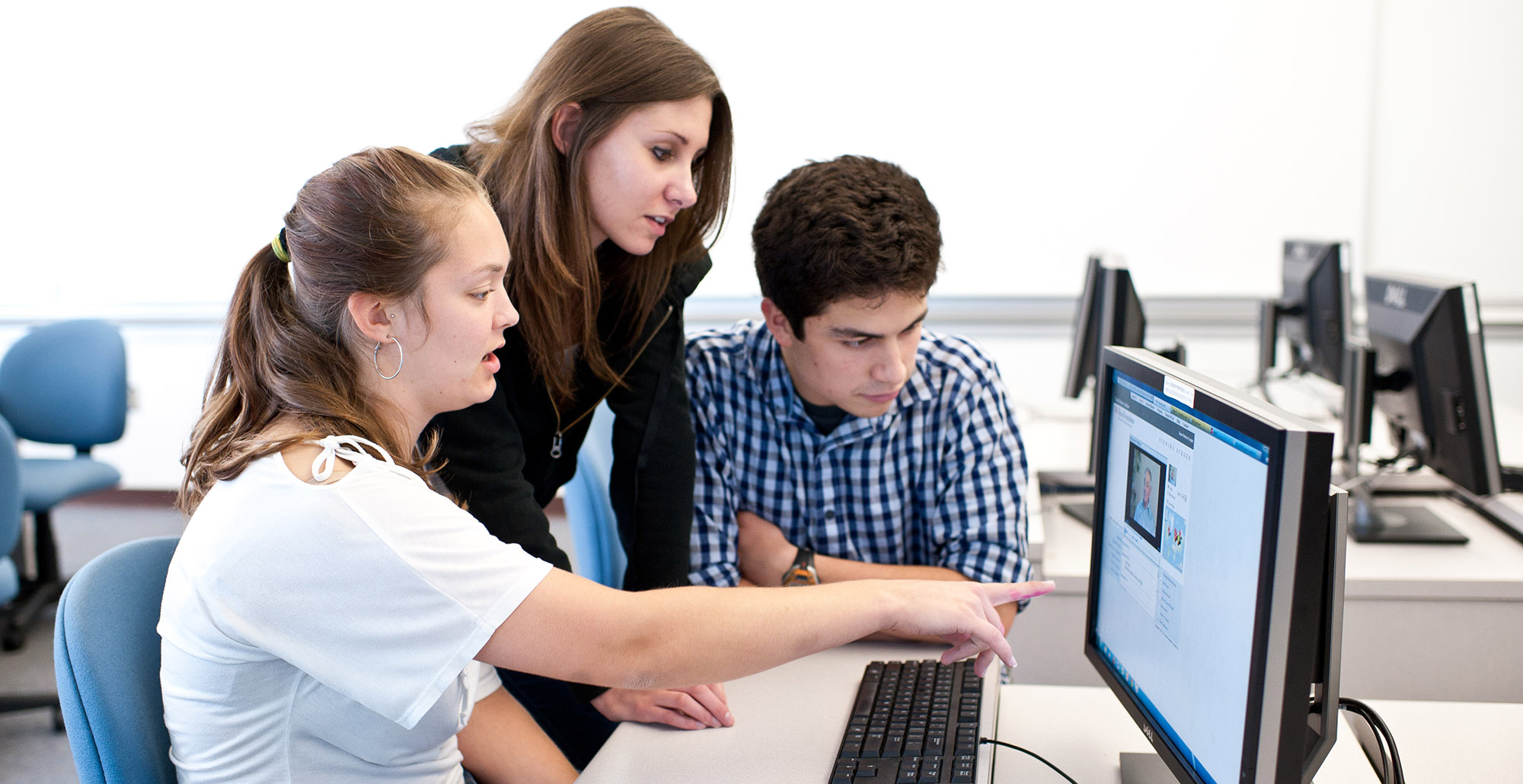Back to School with IWitness 2018: IWitness University

In this series, we take a closer look at the new features and resources coming to IWitness in time for the 2017-2018 school year.
IWitness will launch its new IWitness University landing page on Sunday, August 20, offering a new dedicated space for post-secondary educators and their students.
Much of the content is geared toward addressing some of the many conflicts that came to light during and in the wake of the neo-Nazi, white supremacist rallies in Charlottesville, Virginia, on August 15, 2017, such as the importance of speaking out against hate, promoting tolerance and acceptance, and embracing diversity.
IWitness University harnesses the power of testimony to help post-secondary educators promote students’ 21st century skills in their classrooms and teach a broad array of subjects in an authentic, primary source-driven learning environment. It is a dedicated space for post-secondary faculty to view sample course activities, assignments, and syllabi, and develop their own assignments and activities
Based on USC Shoah Foundation’s educational methodology, this program promotes students’ self-reflection and helps them get a sense of their own place in the world. The resources are grounded in research, outcomes-based, and localized to meet the needs of educators.
IWitness University features the previously-published Reflections and Actions on Campus Diversity activity, which encourages student leaders to create inclusive and prejudice-free environments, as well as three new activities:
Witnessing Jim Crow: Many survivors of the Holocaust left Europe after the end of World War II. Those who emigrated from Europe had to adjust to new languages, new customs, and new social expectations when they arrived. Some survivors who immigrated to the United States encountered racism and prejudice and grappled with its repercussions in a variety of ways. This module will examine the testimonies of survivors of the Holocaust who resettled to the United States and will examine the repercussions of racism and race-based prejudice.
This module could be used in course that focus on U.S. History, Civics & Government, Holocaust and Genocide Studies, and/or Humanities, to name a few. It could also be used in a Freshman Seminar addressing a variety of topics and writing-related skills.
Discussion Prompt: Talking About Indifference: Students will analyze and compare two forms of text on the topic of indifference, draw evidence from primary sources to inform analysis and opinion, analyze individual perspectives to gain insight about the personal impact of events, and participate in discussion on the topic of indifference.
Digital Essay Project: This activity is designed for college and university students using IWitness to construct digital essay projects. Sample prompts and activity assignments (including courses on Modern Europe, History, Genocide Studies, and Literature) are available for download in the Took Kit under the Educator tab.
In this activity, students begin by considering the content and meaning of visual history testimony and reflecting on its relevance to their own coursework. Students will then research and collect clips and ethically edit their own testimony-based film. The films should meaningfully inform audiences about a specific theme(s) determined by the instructor. Finally, students will have the opportunity to examine the strengths, weaknesses, and takeaway questions from their own film and those of their classmates.
The Digital Essay Project was inspired by an assignment first conceived by Professor Melissa Kravetz at Longwood University with the help of then-IWitness manager Jenna Leventhal.